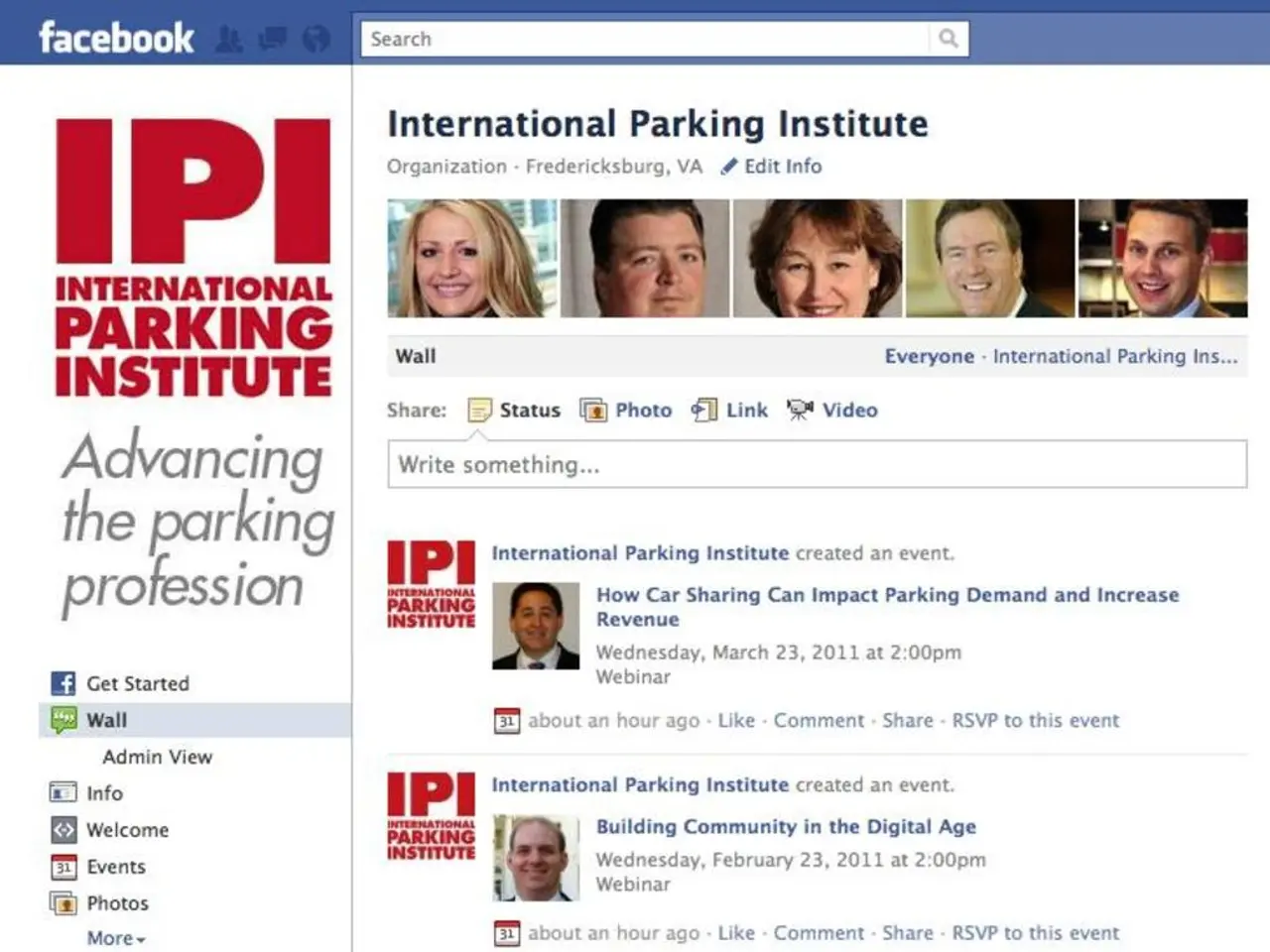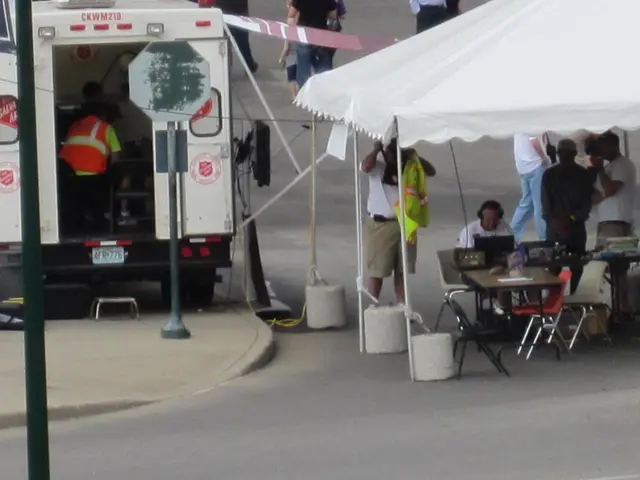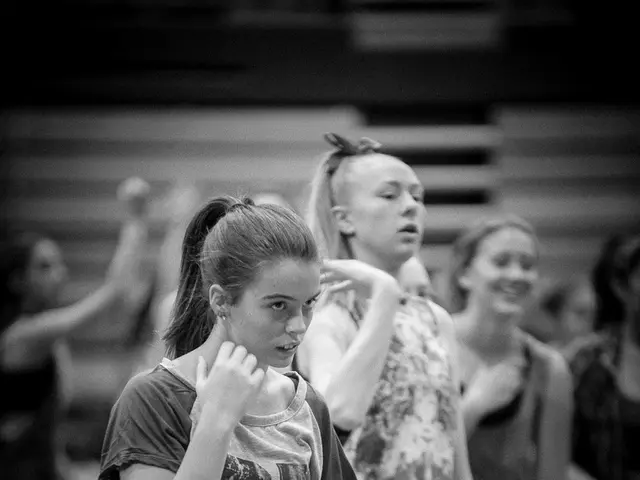Decline in Testosterone Levels: The Male Counterpart to Menopause Experienced by Some Men
In the realm of men's health, two conditions have been gaining significant attention - Late-Onset Hypogonadism (LOH) and Androgen Deficiency in the Aging Male (ADAM). These terms, which replaced older, less precise labels like "male menopause," are now the accepted and preferred ways to describe testosterone deficiency in older men.
LOH, the more widely used medical term, is characterized by symptoms such as erectile dysfunction, loss of libido, fatigue, and decreased bone density. It's a syndrome closely linked to aging, with the production of total testosterone gradually decreasing, on average by 0.4 percent per year, after the age of 40.
ADAM, on the other hand, is a term commonly used in clinical and research contexts, often overlapping with LOH. It describes similar clinical symptoms and biochemical testosterone deficiency.
Doctors play a crucial role in identifying these conditions. They should ask specific questions and conduct a hormone test to avoid confusing symptoms with burnout or depression. Hormone replacement therapy is the preferred treatment for confirmed cases of LOH or ADAM.
Injection therapy, where long-acting preparations are given every three months, is a commonly used treatment. Hormone-containing creams can be applied to the upper arm in the morning to mimic the rhythm of medication. It's essential for testosterone substitution therapy to be handled correctly by the doctor to ensure safety and efficacy.
Andrologists, specialists dealing with hormonal changes that men go through as they age, are at the forefront of managing these conditions. The concern that hormone therapies in men can promote prostate cancer is outdated. Today, with the right balanced preparations, men who have already had prostate cancer can be treated.
Sleep disorders can exacerbate hormonal problems in men. It's estimated that five to seven percent of men under the age of 50 and 30 percent of men over the age of 50 are affected by these symptoms. Some men may experience unpleasant symptoms due to hormonal changes, such as mood swings, melancholic to depressive moods, feelings of having reached one's peak, decreased physical and cognitive performance, fatigue after meals, loss of libido, erectile dysfunction, waking up tired, and sleeping poorly due to sweating more at night.
The good news is that with proper dosage of hormone therapies, an increased risk of cardiovascular diseases is not to be feared. Furthermore, new hormone therapies in the form of tablets, already approved in the USA, can imitate the hormonal daily cycle. These are expected to be approved in the EU in the coming years, offering a more convenient treatment option for those affected by LOH or ADAM.
Sports enthusiasts should be aware that testosterone deficiency, as described in conditions like Late-Onset Hypogonadism (LOH) and Androgen Deficiency in the Aging Male (ADAM), can negatively impact their physical performance and overall health-and-wellness. Aging is a significant contributing factor to these conditions, hence sportsmen, especially those above 40, should prioritize regular health check-ups to monitor their testosterone levels.
In the realm of science, ongoing research in the field of hormone therapies is making strides in addressing testosterone deficiency among men. These developments, such as new hormone therapies in tablet form, are poised to revolutionize the treatment landscape for conditions like LOH and ADAM, contributing to improvements in the fields of mens-health and health-and-wellness.




